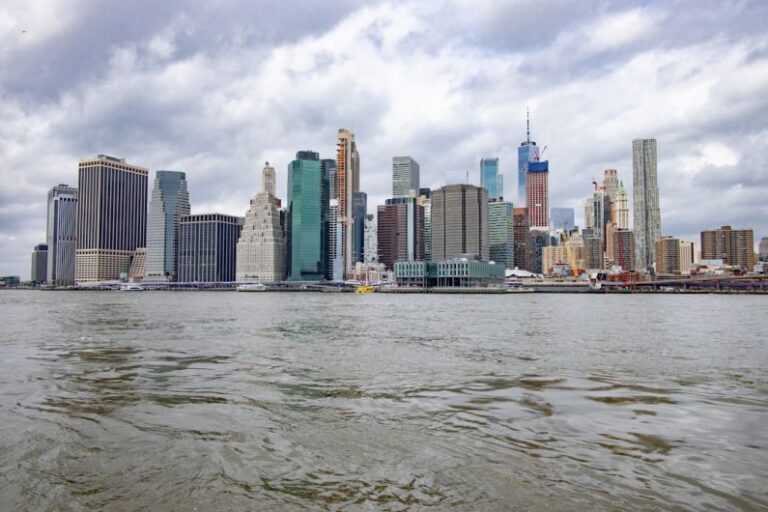Urbanization and Its Effects on Logistics and Distribution
Urbanization, the ongoing trend of people moving from rural areas to urban centers, has significantly reshaped the landscape of modern societies. As populations concentrate in cities, the demand for goods and services increases, leading to a surge in logistics and distribution activities. This phenomenon has far-reaching implications on how products are transported, stored, and delivered within urban environments. In this article, we will explore the effects of urbanization on logistics and distribution systems and the challenges and opportunities it presents for businesses and consumers alike.
The Impact of Urbanization on Transportation Networks
One of the most noticeable effects of urbanization on logistics and distribution is the strain it puts on transportation networks. As cities become more densely populated, traffic congestion worsens, making it increasingly difficult for businesses to move goods efficiently. Delivery trucks often get stuck in gridlocked streets, leading to delays and increased operating costs. Urban logistics providers are forced to navigate through narrow roads and limited parking spaces, adding complexity to their operations.
To cope with these challenges, companies are exploring innovative solutions such as micro-fulfillment centers and electric cargo bikes for last-mile deliveries. These technologies help optimize delivery routes, reduce emissions, and improve the overall efficiency of urban logistics systems. By embracing sustainable transportation options, businesses can minimize their environmental impact while meeting the growing demand for faster and more reliable deliveries in urban areas.
The Rise of E-Commerce and On-Demand Delivery Services
The rise of e-commerce has been a game-changer for the logistics and distribution industry, especially in urban settings. Online shopping has become increasingly popular among urban dwellers who value convenience and time-saving benefits. This shift in consumer behavior has led to the proliferation of on-demand delivery services, where customers expect to receive their orders within hours, if not minutes.
To meet the demands of the e-commerce boom, logistics companies are investing in technology and automation to streamline their operations. From automated warehouses to drone deliveries, urban logistics is undergoing a rapid transformation to keep pace with the digital age. The need for real-time tracking and efficient order fulfillment has become paramount, pushing businesses to adopt cutting-edge solutions to stay competitive in the fast-paced world of online retail.
Challenges and Opportunities for Urban Logistics
Despite the technological advancements in urban logistics, challenges persist in meeting the evolving needs of urban consumers. Limited access to loading docks and restricted delivery hours in urban areas can hinder the smooth flow of goods from warehouses to end customers. Additionally, the lack of centralized distribution hubs in densely populated cities poses a logistical challenge for companies looking to optimize their supply chains.
However, these challenges also present opportunities for innovation and collaboration within the logistics industry. By partnering with local businesses and leveraging shared distribution networks, companies can reduce costs and improve delivery efficiency in urban environments. Collaborative initiatives such as crowdshipping and peer-to-peer delivery services offer creative solutions to address the last-mile delivery challenges that urban logistics face.
Sustainability and Green Logistics in Urban Areas
As concerns about climate change and environmental sustainability continue to grow, the concept of green logistics has gained prominence in urban areas. Businesses are increasingly adopting eco-friendly practices such as electric vehicles, bike couriers, and alternative fuel sources to reduce their carbon footprint and minimize pollution in cities. Sustainable logistics not only benefits the environment but also enhances the overall quality of life for urban residents.
In conclusion, urbanization has a profound impact on logistics and distribution systems, shaping the way goods are transported, stored, and delivered in modern cities. The challenges posed by urbanization, such as traffic congestion and limited infrastructure, are driving the need for innovative solutions in urban logistics. By embracing technology, sustainability, and collaboration, businesses can navigate the complexities of urban environments and meet the growing demands of urban consumers in an ever-changing landscape.






